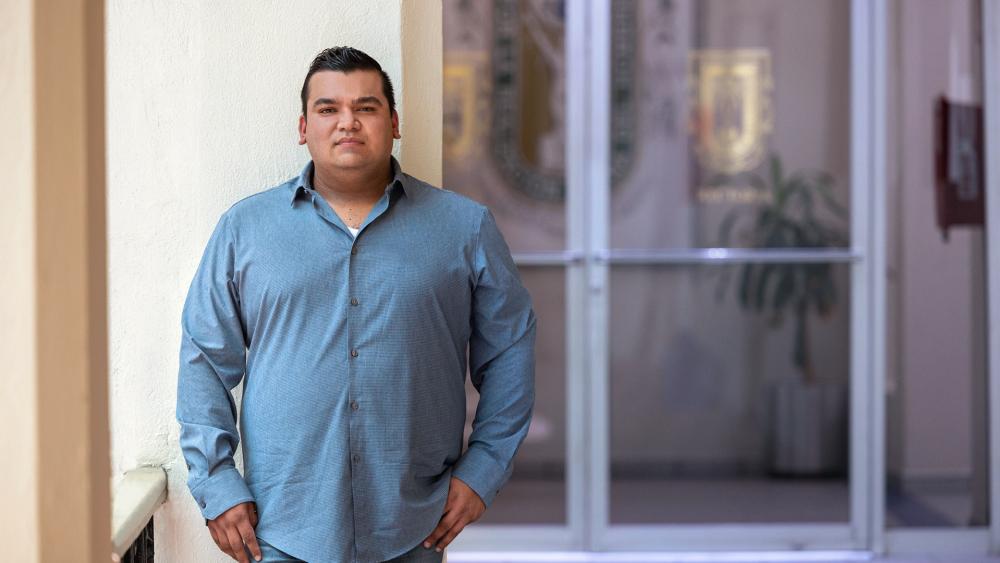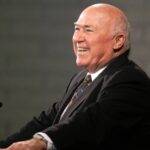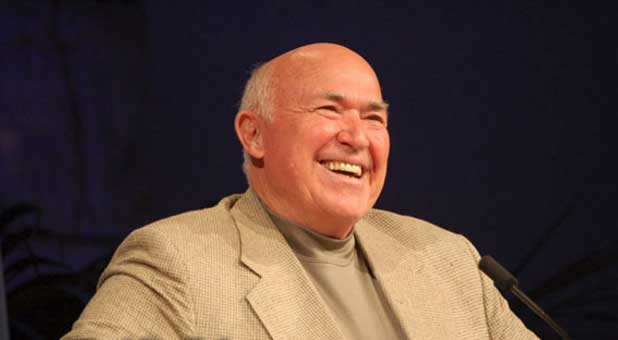A valedictorian from a university in Mexico is finally receiving his degree and license to practice psychology after a group of faculty members tried to end his professional career before he could even get started, labeling his valedictory address as “hate speech”.
Professors at the Autonomous University of Baja California (UABC) in Mexico demanded that the school withhold Christian Cortez Pérez’s academic degree and psychology license for what he said during his commencement speech, according to ADF International, a faith-based legal advocacy organization.
Last week, the University Council ruled that “the arguments presented by the aggrieved party are unfounded, as well as the sanctions requested, for which reason the appeal filed is dismissed”.
“What happened to me shows how dangerous it is when professors with agendas try to punish students with whom they disagree,” Cortez Pérez said. “Academic institutions must respect the free speech rights of all students, and this is a great win for fundamental freedoms.”
As CBN News has reported, Cortez Pérez earned the right to deliver the commencement address at his graduation ceremony in June. In that speech, he expressed his moral convictions regarding the state of the world today on many issues. “People do not know what they are doing; because they do not know what they are undoing,” he said quoting G.K. Chesterton.
Cortez Pérez also called for the rejection of the redefinition of the family and radical gender ideology. “Today we are deep into a real anthropological struggle to redefine the human being, the human person, man, through the implementation of ideologies and fashions of thought that always end up undermining dignity and freedom,” he said during his speech.
In response, a group of professors published a “manifesto,” calling for an effective ban on his professional practice as a psychologist. The university followed through with the requests by initiating formal proceedings to address withholding his professional license, withdrawing his merit award, and alerting psychology associations across Mexico about his statements.
Cortez Perez submitted a counterclaim to protect his rightful interests. “If the campaign to punish Christian is successful, it shows that anyone who dares to speak in public in Mexico is in danger. This is a clear violation of international human rights law, reminiscent of dictatorships, not democracies,” Kristina Hjelkrem, legal counsel for ADF International, said at that time. Now Cortez Pérez is finally able to move forward with his psychology practice.
“I am overjoyed that the University has recognized that I committed no wrong in exercising my free speech rights to speak about issues of profound moral concern from the graduation podium,” he said.
“This ruling makes clear that the vindictive attack on Christian by his professors was groundless. While it is very unfortunate that Christian had to go through this completely inappropriate ordeal, let this be a clear signal to all that students have the right to voice their views in a public university,” said Carlos Ramirez, lead lawyer for Christian’s case in Mexico. “Free speech is fundamental for flourishing intellectual life both in and beyond school.” Hjelkrem explained the professors’ attempt to deny Cortez Perez’s degree is “cancel culture at its worst.”
“As the subject of a silencing and sanctioning campaign initiated by his professors, Christian suffered severe reputational harm, in addition to the real threat of losing the ability to practice his profession,” she said. “Not only is this representative of cancel culture at its worst, but also efforts to punish him contravened the fundamental human right to free speech enshrined in international law. All concerned with the protection of free speech should take note.”







